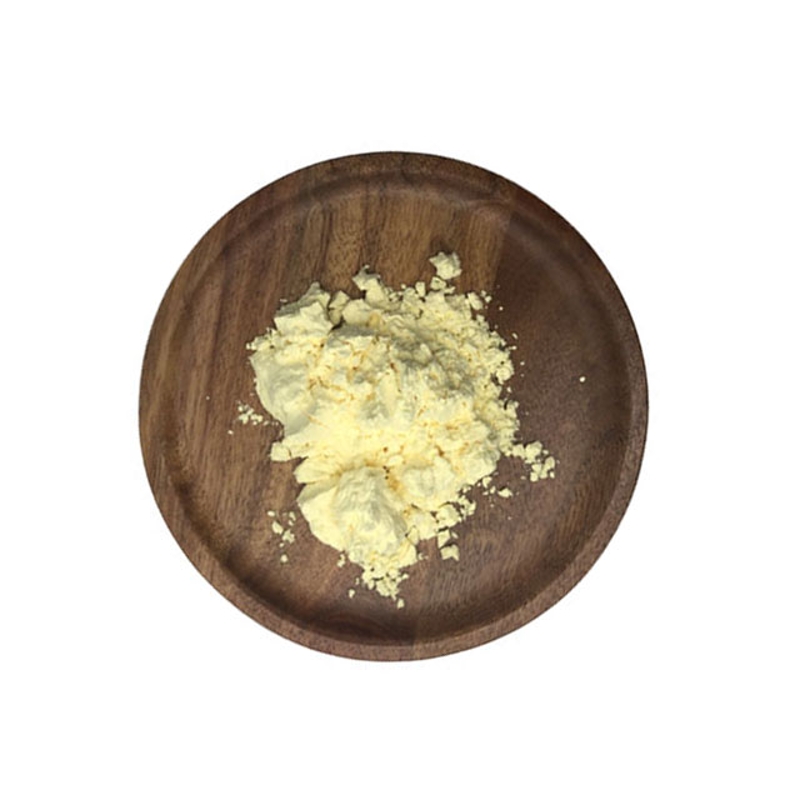-
Categories
-
Pharmaceutical Intermediates
-
Active Pharmaceutical Ingredients
-
Food Additives
- Industrial Coatings
- Agrochemicals
- Dyes and Pigments
- Surfactant
- Flavors and Fragrances
- Chemical Reagents
- Catalyst and Auxiliary
- Natural Products
- Inorganic Chemistry
-
Organic Chemistry
-
Biochemical Engineering
- Analytical Chemistry
- Cosmetic Ingredient
-
Pharmaceutical Intermediates
Promotion
ECHEMI Mall
Wholesale
Weekly Price
Exhibition
News
-
Trade Service
Nov 1, 2020 /--- Researchers at ucla's Center for Regenerative Medicine and Stem Cell Research have developed a way to make thymus organs in mice that can grow in the lab, each about 2 millimeters in size.
this advance will allow them to form T-cells (important participants in the immune system) along the precise path of blood stem cells in the small glands inside the thymus.
2017, Dr. Gay Crooks of the University of California, Los Angeles, and her colleagues developed a laboratory-grown human thymus organ, a cluster of cells that mimic the thymus.
by using organoids, her team was able to coax human blood stem cells into mature T-cells.
now, they have repeated experiments on mouse cells, providing a new platform for researchers who rely on mouse models to study T-cells.
Crooks team showed that a single blood stem cell was enough to produce a large number of T-cells in mice with different subsypes and functions.
"The human body needs T-cells to respond to vaccines, fight viruses and control cancer in the body, so there's a lot of interest in understanding how T-cells are produced," said Professor Crooks, co-leader of Broad Stem.
"T cells, also known as T lymphocytes, are white blood cells that help the immune system kill cells infected by pathogens, activate other parts of the immune system, and preserve memories of pathogens previously encountered by cells, allowing the body to retain information about past pathogens.
T cells have dozens of subtypes, and T cells have trillions of unique subjects that help them identify foreign bodies.
T cells are made up of blood stem cells in the thymus.
ways to change T-cell function or increase their yield have shown some hope as a way to treat certain diseases in the future.
, for example, scientists are working to increase T-cell resistance to cancer or infection, or to reduce T-cell activity in patients with autoimmune diseases.
, however, the study of how blood stem cells differentiate into T-cells is hampered by the fact that blood cells rely on complex chemical signals in the thymus.
processes that cannot be easily replicated in laboratory petri dishes or isolated stem cells.
new work, published in Cell Reports, the team modified its earlier human organs to work with mouse stem cells.
because certain types of experiments may have been conducted in mice rather than humans, this makes observations of T-cell formation different from previous observations.
to compensate for the differences between humans and mice, new thymus organs need slightly different nutrients and signaling molecules than previous human organs to grow and function.
, but once researchers develop a new formula, the system can produce T-cells very effectively.
"The main novelty of this mouse system is that we can start with a single stem cell," said Associate Project Scientist at Crook Labs and lead author of the paper.
" the researchers envisioned future experiments in which researchers removed or altered genes thought to be important for the production of T-cells and used thymus organs to study the effects on mature T-cells.
although it is currently possible to conduct such experiments in genetically engineered mice, it is easier to follow the precise development pathways of different T-cell groups than in living animals in ionosome laboratory systems.
(Bioon.com) Source: Researchers create millions of people of diverse T cells from a single blood stem cell Link: Original source: Amélie Montel-Hagen et al. In Vitro Recapitulation of Murine Thymopoiesis from Single Hematopoietic Stem Cells, Cell Reports (2020). DOI: 10.1016/j.celrep.2020.108320 Original link:







